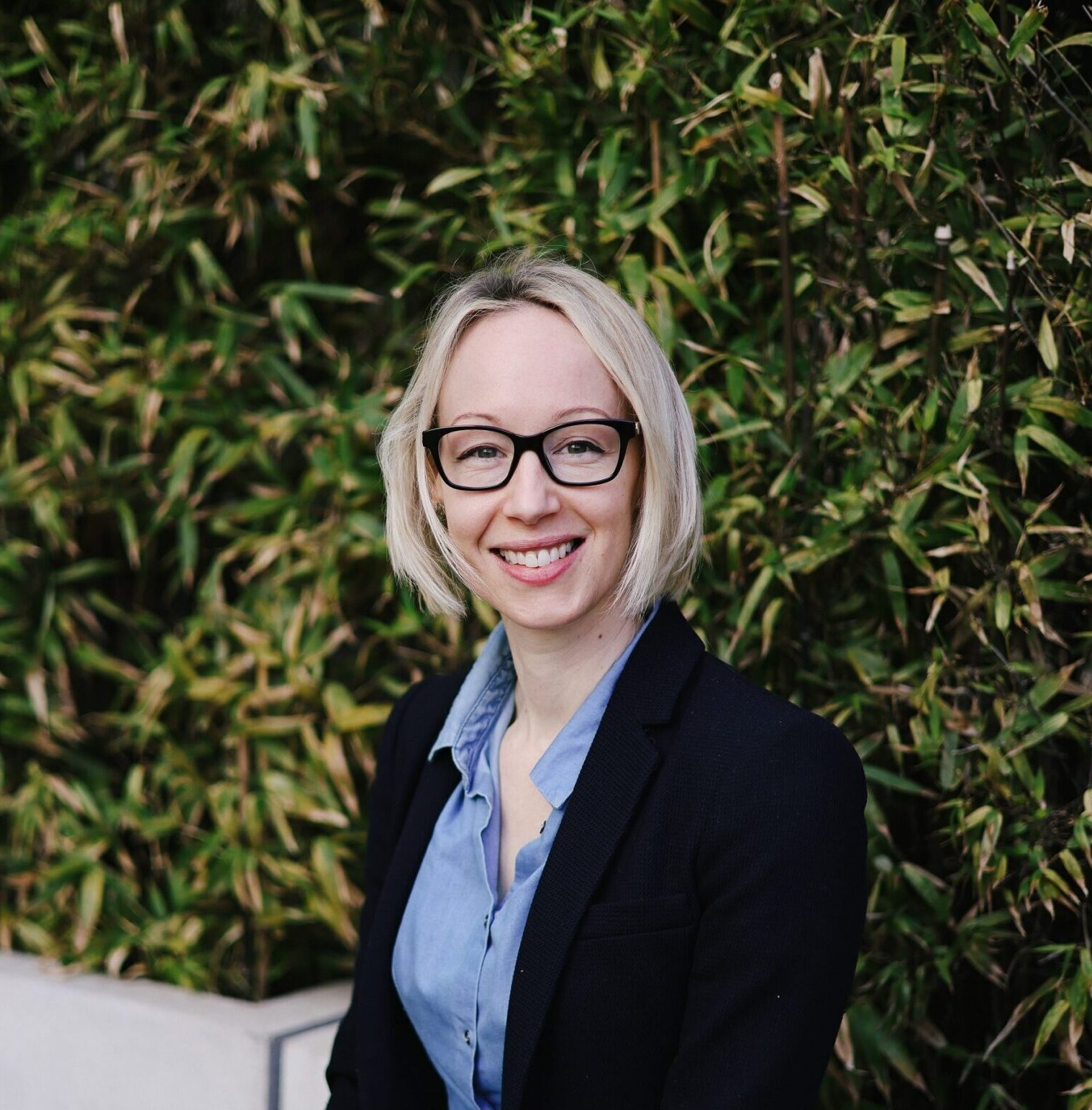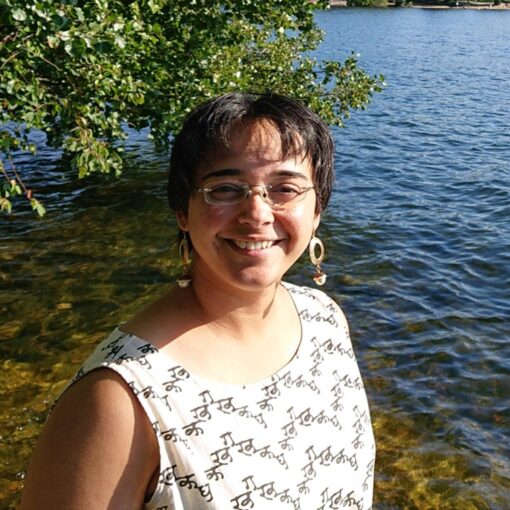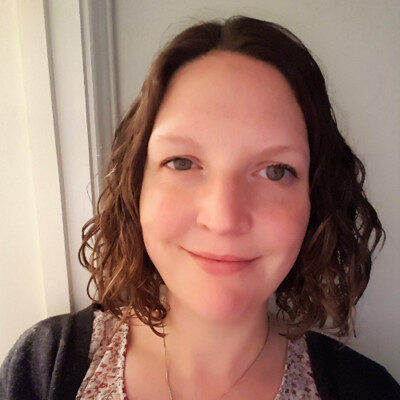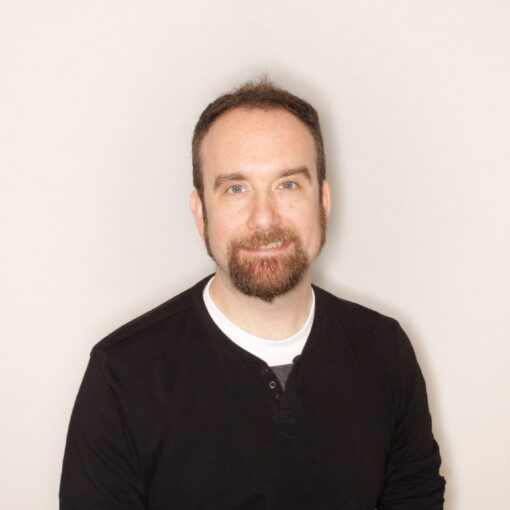PhD in Neuroscience, University College London, 2015
| Education Partnership Lead | |
|---|---|
| DeepMind | |
Year entered into a non-academic position: 2015
Job highlight: Each year I go out and meet young people who have leveraged outreach opportunities in the field of research to help them to progress in their training or careers. It gives me a huge sense of excitement about the future of research.
What did your PhD help you to develop? My research training set me up to develop resilience, grit and to be optimistic when trying to solve problems.
Left academia after: PhD
What’s your background?
Following my degree, I completed the Teach First graduate programme, taught for two years at a high school and then progressed to Head of Science at the same STEM specialist Academy. I taught young people from year 7 to 12; many of who were from low income backgrounds and despite obtaining very high grades, were not progressing to university and realising their potential. After teaching for four years, I missed science and decided to take a year out to study a master’s in neuroscience at UCL, which turned into a PhD. Seeing the lack of diversity in research and the fact that some of the amazing students I’d encountered had so many barriers to overcome to access such a career compelled me to set up in2scienceUK, and I ran it as a side project during my PhD. After 10 years at In2scienceUK, I started a consultancy to support other organisations grow their programmes before starting at DeepMind as their Education Partnership Lead.
Why did you move away from academia?
At the time I completed my PhD I was already the CEO of In2scienceUK, we were employing staff and I was keen to expand the programme across the UK. Leaving academia, while still getting the opportunity to work with academics through the programme felt a natural next step. What I enjoyed most about my work at in2scienceUK was that the work was tangible, my day had clear outcomes, my year had a clear impact and I had the opportunity to meet and collaborate with academics from a range of disciplines. I also enjoyed the entrepreneurial aspect of starting and growing a business.
Is there anything you miss about academia?
Reading and discussing papers. I really miss it and I now read the New Scientist to keep up, a little, with new discoveries.
How did your PhD prepare you for your current job? For example, what were the transferable skills that you developed during your PhD that are most relevant to your current job?
A PhD enables people to develop an array of work-ready skills from attention to detail, problem solving, resilience to the ability to communicate both in writing and verbally to a very high standard. As a PhD student you are also an entrepreneur, and you can deal with ambiguity which is a trait that is hard to find. I have found that together, these skills are highly valued by a wide range of employers.
Can you describe a typical week in your job?
All my roles have been around programme design and partnership development and so I spend a substantial amount of my time meeting people from different organisations or attending events which I really enjoy. I also spend one morning a week looking at sector updates, reading blogs from thought leaders and research papers in the field of access. These activities help to me to keep up to date with changes in the sector and focuses my thinking on what more we can do to promote opportunities for all. Currently I work from the office three days a week and two days from home which I feel is the perfect balance.
What are your reflections on your career path?
I have never had a career plan and I think that in this day and age it is incredibly difficult to do so, with the world of work moving so quickly.
Understanding what really motivates me and gets me out of bed in the morning tended to steer me in the right direction and enabled me to realise my calling.
Innovation and having the freedom to be entrepreneurial is exciting and important to me, and I have always taken roles where I was given direction but also freedom, such as teaching, completing a PhD, and starting a business or programme. There are limitless jobs and often people are completely unaware of the careers that are out there, so researching the roles at different organisations you admire is crucial.
What tips would you give people interviewing for new positions?
During an interview, highlighting your passion and excitement for a role is so important, so do not just rattle through your skills.





